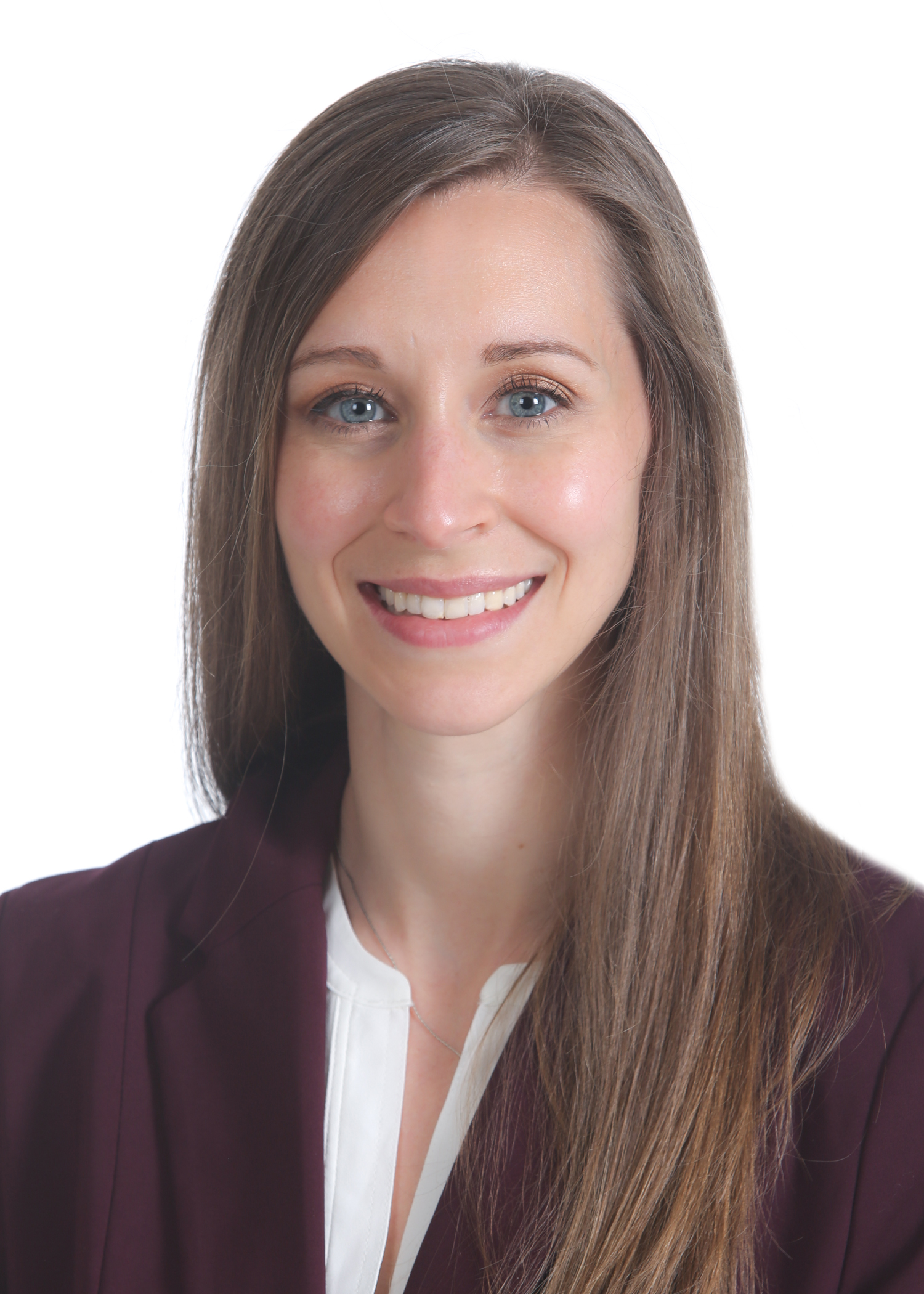Megan Nadler '11

Share one of your most powerful memories of ACPHS.
I don’t think I have only one powerful memory of ACPHS. To me when I think about ACPHS I remember getting up early to exercise before class, the excitement of opening the ‘new’ Student Center, Friday night movies at the student center, studying with my roommates and having Cold Stone for dinner after exams. I think what I take away from the 6 years is that finding your people, having a bit of fun and supporting each other through the tough stuff is what is the most rewarding.
Did you have a ‘lightbulb moment’ when you found ACPHS or your course of study? When did you know that this was the right fit for you?
Coming from a big high school I was looking for a smaller college. When I had my first visit to ACP I felt the smaller family feel was exactly what I needed.
What surprised you the most when you got into the field (either as a student or after graduation)?
Once I started residency I quickly realized how much the medical teams rely on the clinical pharmacists. We are involved in multiple aspects of patient care in all different areas; we are called for acute cardiac arrest and stroke codes, emergent intubations and procedural sedation. We attend daily multidisciplinary rounds and present at grand rounds for different services and run the clinical drug studies. The clinical pharmacist is asked to provide insight into new therapies, create policies and procedures to ensure safety and be part of multi-disciplinary meetings to improve patient care.
What advice would you give your younger self?
The advice I would give myself would be to find a faculty mentor and try to get more involved in the research aspect of pharmacy. I would also try to be more involved in the professional organizations both locally and regionally.
What was the best part of your time at ACPHS? Why?
I met a girl at the ‘sneak preview day’ the summer before starting at ACPHS. We instantly hit it off and she is still my best friend.
Was there a faculty or staff member who was particularly helpful or supportive when you were at ACPHS? Who was it? What did they do?
As a 2nd year student I struggled with organic chemistry (who didn’t?). Every week I went to Dr. Brownewell’s office to review and ask questions. I truly appreciated his assistance and slowly overcame the fear of asking for help.
What is it like to help current students by serving as a preceptor?
I see precepting students as an important part of giving back to the school and building up the next group of graduates.
I currently round in the Neuroscience Intensive Care Unit – which is a small niche population. Students are often nervous to come to this rotation as neurology isn’t generally a topic they get a great deal of exposure to. The Neuro ICU gives the student the chance to see procedures, disease states that are very different from what they normally see.
Additionally, I find that students keep me on my toes. They often ask questions that I don’t consider and bring a fresh perspective.
What do you tell others about ACPHS?
It was small close-knit school and it felt like a big family. I think I knew the name and face of nearly everyone who graduated with me. It was a lot of work but it was worth it, and I wouldn’t do it differently.

